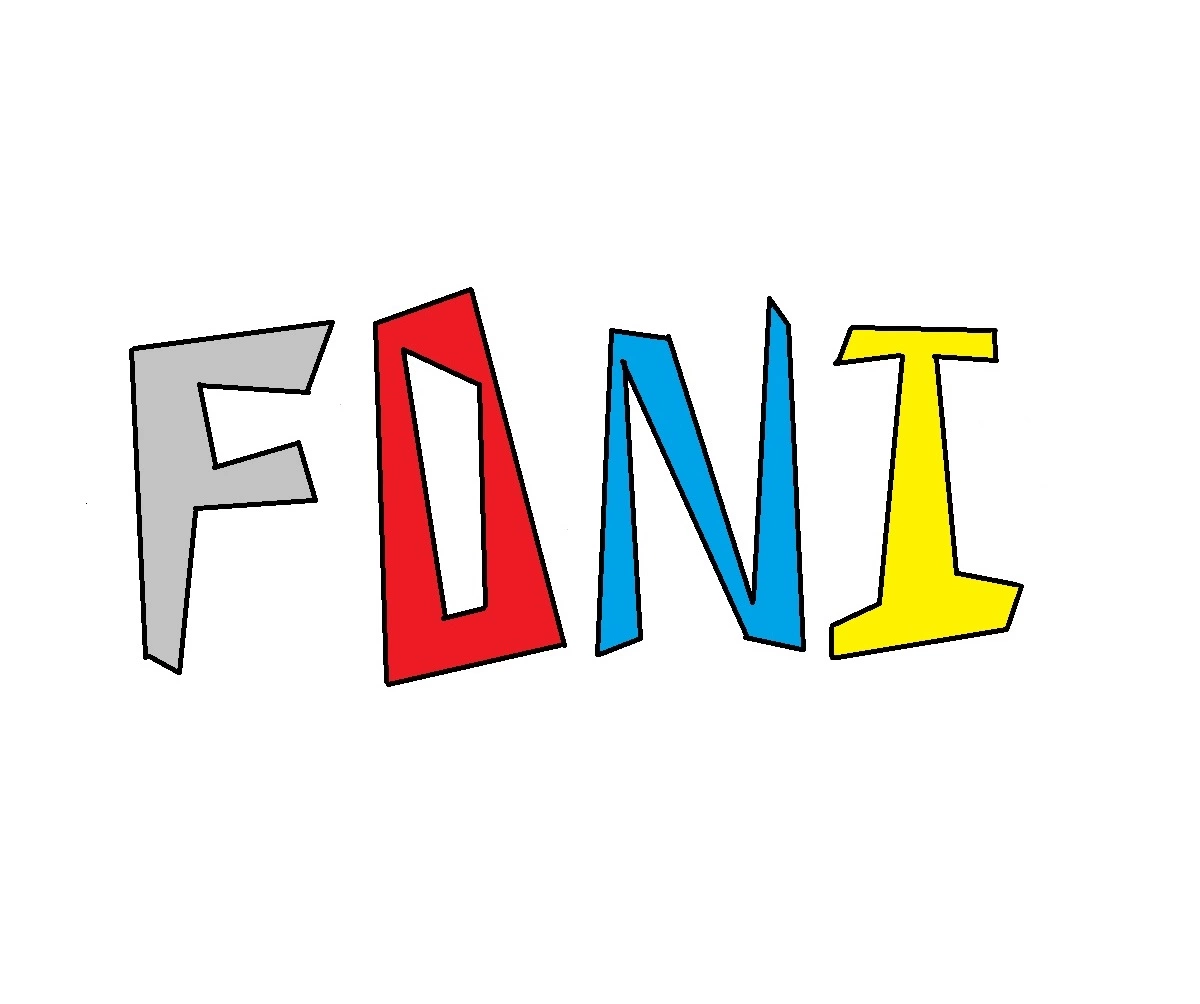Ubisoft needs to get comfortable with the idea of people not buying their games then 😝
you mean renting 🦖
I think they already are. That’s kind of the point of that guy’s job.
I haven’t even needed to pirate a game in decades. Does it still work the same way?
On PC? Yes. On consoles? Depends on the console
I am the guy who started this meme! Praise me!

🛐🛐🛐
You are a genius 🙏
There you go! Note added. You shall be remembered henceforth.

Aww yeah! I’m mostly just stoked that I started a thing. 😁
From my understanding theft has always been to take something and after the other party doesn’t have it anymore. This never applied to piracy.
For example: I used to pirate games back in school as I didn’t have the money to buy them. So there is no financial loss for the company. Yet they still frame it as bank robbery or something. “You wouldn’t download a car”
I would download so many cars.
Back when I played GTA 4 I DID download so many cars.
Hollywood was so adamant about “not downloading a car”.
Now they are the ones downloading actors.
Hollywood was so adamant about “not downloading a car”.
That was a meme. The original ads were always “you wouldn’t steal a car”. Someone doctored a screenshot from the ad as a joke and now there are a whole bunch of people who think the ads actually said that.
You wouldn’t steal a handbag; you wouldn’t steal a car; …
You wouldn’t steal a baby…
Here is an alternative Piped link(s):
Piped is a privacy-respecting open-source alternative frontend to YouTube.
I’m open-source; check me out at GitHub.

YoU WouLDn’T DoWnLOad a BEAR
It’s always projection…
Removed by mod
Thepiratebay guy made an art project at one point that was a Raspberry Pi that did nothing but copy one song over and over again while keeping a running tally on a display of how much value it had “stolen” from the record industry by doing so.
“You wouldn’t download a car”
I not only would, I did!
This never applied to piracy.
Didn’t it? 🏴☠️
It never applied to copyright infringement, which is often disparaged as “piracy.”
Right, but I’m saying “piracy” has the same problem as “theft”. Copyright infringement is even less related to the traditional meaning of piracy than it is to theft.

If I had a penny for every time I saw this quote decontextualised. I’d have enough to buy a Ubisoft game.
Which is kinda sad that it’s been that often.
Too bad you won’t own it after buying it!
Thank you Valve
(For the Gamers reading. I am making reference to the fact that steam has already got gamers used to not owning their games)
Listen, I’m super smart and I definitely know what the right context is, but could you explain it for our dumber friends here?
The exec said that in order for subscription gaming to be profitable, then customers would have to be okay with not owning their games. It was posed more of a hypothetical instead of a sinister plan. Now would they prefer subscription model? Absolutely. Do they expect it to work rn? The exec doesn’t think so.
Next year Ubisoft is complaining how people start a subscription just before the holiday and cancel after the holiday, with people playing dozens of games in a short period. This destroys their cash flows and shows great disrespect for the developers.
The developers are already paid, and they only do what they are told to do.
How do you see the future?
Copyright itself was never ownership to begin with, and ideas were never property. Copyright is nothing more than a means an end, with the end being to enrich the Public Domain. It exists for the express purpose “to Promote the Progress of Science and the Useful Arts” and nothing else.
This is the moral basis for the Copyright Clause, in Thomas Jefferson’s own words:
It has been pretended by some (and in England especially) that inventors have a natural and exclusive right to their inventions; & not merely for their own lives, but inheritable to their heirs. but while it is a moot question whether the origin of any kind of property is derived from nature at all, it would be singular to admit a natural, and even an hereditary right to inventions. it is agreed by those who have seriously considered the subject, that no individual has, of natural right, a separate property in an acre of land, for instance. by an universal law indeed, whatever, whether fixed or moveable, belongs to all men equally and in common, is the property, for the moment, of him who occupies it; but when he relinquishes the occupation the property goes with it. stable ownership is the gift of social law, and is given late in the progress of society. it would be curious then if an idea, the fugitive fermentation of an individual brain, could, of natural right, be claimed in exclusive and stable property. if nature has made any one thing less susceptible, than all others, of exclusive property, it is the action of the thinking power called an Idea; which an individual may exclusively possess as long as he keeps it to himself; but the moment it is divulged, it forces itself into the possession of every one, and the reciever cannot dispossess himself of it. it’s peculiar character too is that no one possesses the less, because every other possesses the whole of it. he who recieves an idea from me, recieves instruction himself, without lessening mine; as he who lights his taper at mine, recieves light without darkening me. that ideas should freely spread from one to another over the globe, for the moral and mutual instruction of man, and improvement of his condition, seems to have been peculiarly and benvolently designed by nature, when she made them, like fire, expansible over all space, without lessening their density in any point; and like the air in which we breathe, move, and have our physical being, incapable of confinement, or exclusive appropriation. inventions then cannot in nature be a subject of property. society may give an exclusive right to the profits arising from them as an encouragement to men to pursue ideas which may produce utility. but this may, or may not be done, according to the will and convenience of the society, without claim or complaint from any body.
Holy shit, mic drop.
Also, is that Jefferson’s original capitalization? I never would have figured him for the type to think he’s too cool for normal capitalization rules.
Also, is that Jefferson’s original capitalization? I never would have figured him for the type to think he’s too cool for normal capitalization rules.
Here’s a picture of it (the first page, anyway, which isn’t the same as the part I quoted). It appears that he, indeed, wasn’t in the habit of capitalizing the first word of sentences. 'Course, it was so long ago that I’m not sure if it really was a normal rule at the time (especially for handwritten correspondence, as opposed to typeset publications).
Yeah, I know things like capitalization and punctuation were a lot more idiosyncratic at the time, but I can’t recall ever seeing that particular quirk before in historical writing.
It sounds like they are saying get comfortable with piracy. How else would you want to play a game without owning it?
I understand the slogan and why it is used, but I have never had any moral qualms about pirating the intellectual property of a billion-dollar corporation, call me weird.
You’re weird.
I agree with you completely, just complying with your request.
Basically when it comes to streaming services, what are you paying for? You aren’t getting anything except temporary access that can be revoked at any time. What the slogan is saying is pretty simple in that regard: if we aren’t buying anything but access, then you aren’t stealing when sailing the seas
I completely agree, what I’m saying is that even if I could actually buy it, or when this was possible, I would still not have ethical problems with “sailing the seas” nor do I think anyone should have those problems, I say again, the intellectual property belongs to billion-dollar companies
Eh… piracy wasn’t theft even before this, because you’re not taking it away from someone else.
Yes please ubisoft make another generic assassin’s creed game that is like all the others and charge me for it on a subscription based model.
This simulation of a simulation of a game is as important as office365 with teams at least.
I think they have a solid business case there, congrats ubi.
I can’t wait to find towers to unlock the map collectathon.
I still really want to play Black Flag, ngl. I think I have a weakness for sea songs. Maybe I should play more Sea of Thieves instead.
“commies don’t want you to even own your toothbrush”
Ubisoft needs to “get comfortable” with gamers not giving them any money.
I mean Ubisoft doesn’t make good games who gives a shit.
I like game pass as an option for playing games that I don’t want to spend $60 on. But I also want the option to own it forever.
Subscription models are great when they’re not trying to fuck you. There are upsides and downsides, but if you have options between subscribing with a one-click unsub or buying games and you choose subscribe, it might just be for good reason.
I got Game Pass because I wasn’t sure I’d like Starfield. I now have 20 games installed (including Starfield) and just pause game pass when work is too busy for me to get value out of it. I’m at about $70 total spend. Yeah that’s more than starfield, but I’ve enjoyed close to $500 in games, some of which I either wouldn’t have bought and love or WOULD have bought and am glad I didn’t.
But if somebody makes you pay $20/mo for Dildo Simulator, and colors and sizes are paid DLC, then they’re just trying to fuck you.
Yeah, but if you had bought starfield at full retail price there’s a pretty good chance you’d have regrets about it.
I absolutely don’t mind spending a couple bucks a month to try a bunch of games. If there’s something I like and want to play a lot, I’ll eventually buy it.
Shouts at Ubisoft exec: “Then I’ll just pirate all your games! Fuck you, Ubisoft!”











